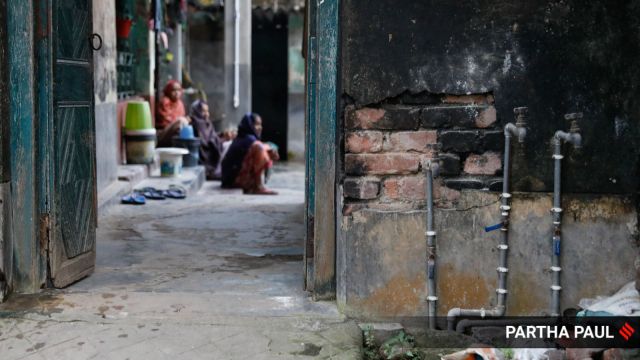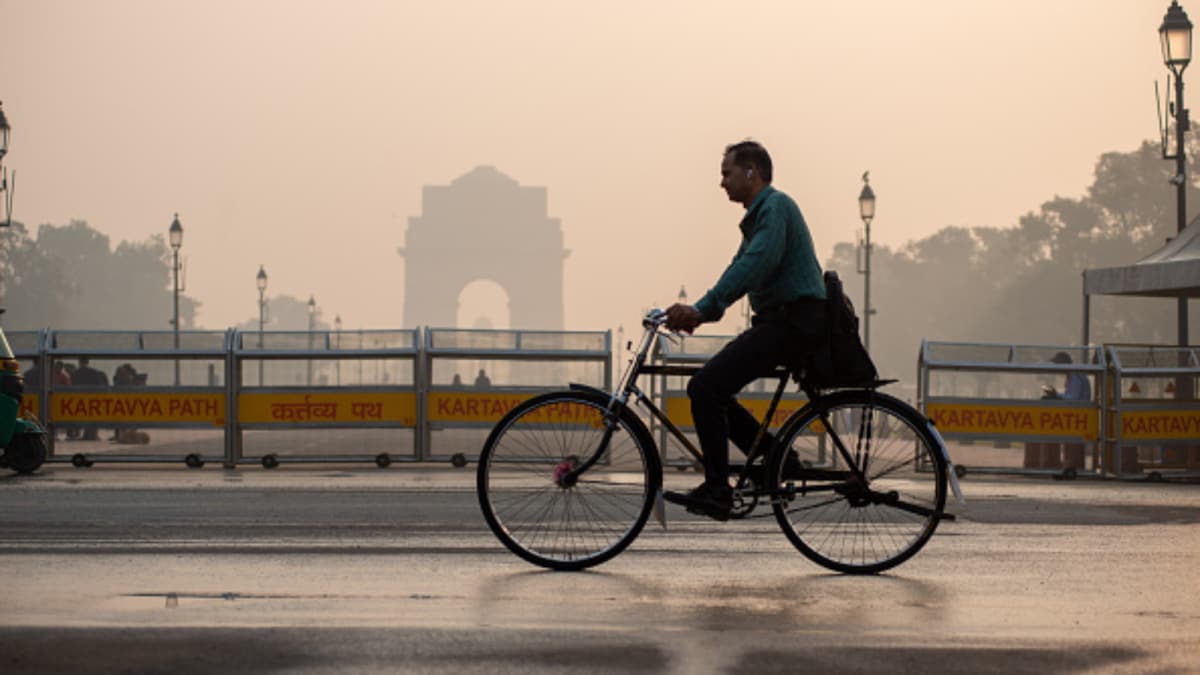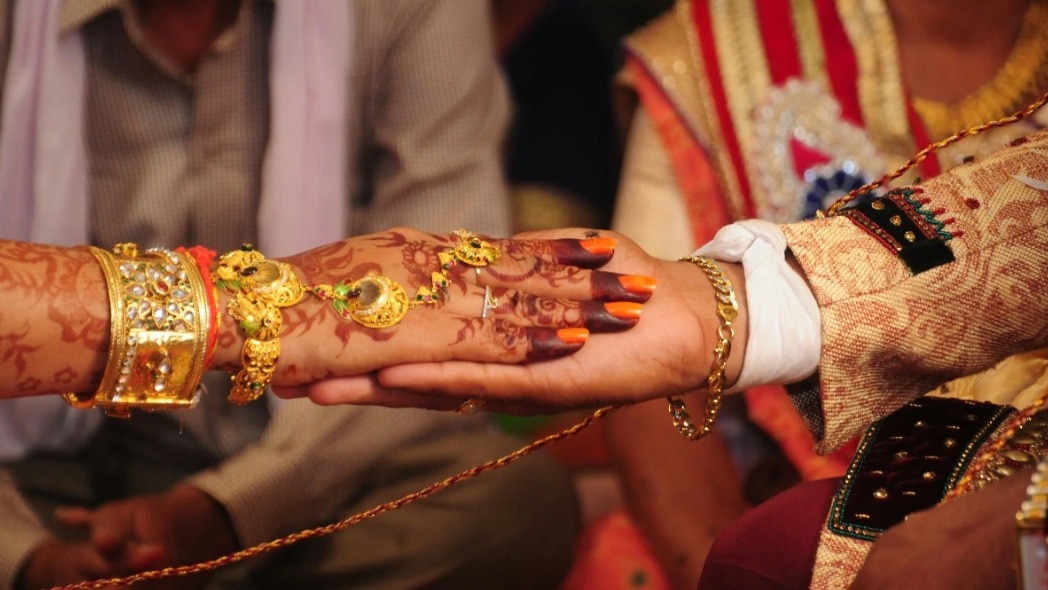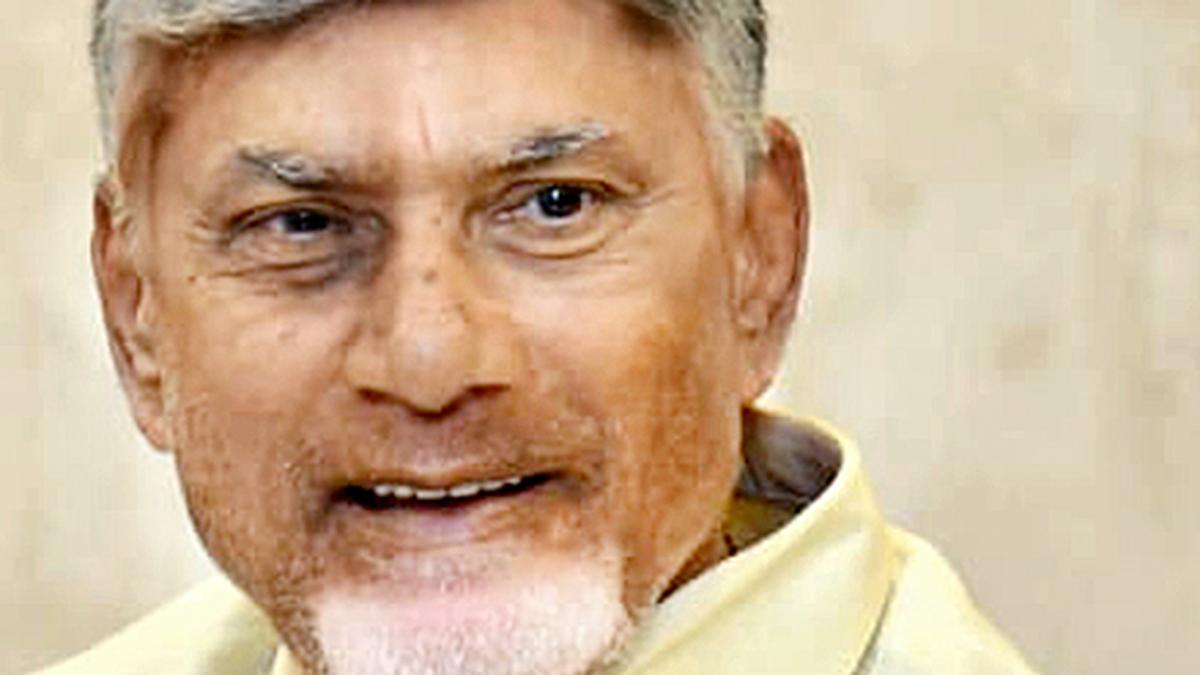ARTICLE AD BOX
 Since the launch, 6.41 lakh water supply schemes costing Rs 8.29 lakh crore overall were approved to provide connections to 12.74 crore households.
Since the launch, 6.41 lakh water supply schemes costing Rs 8.29 lakh crore overall were approved to provide connections to 12.74 crore households.
Underscoring its concerns over “irregularities” in the implementation of its flagship Jal Jeevan Mission (JJM) for supplying drinking water to rural households, the Centre has directed states to outline action taken against officials and contractors involved, including graft cases filed by the CBI, Lokayukta and anti-corruption departments, The Indian Express has learnt.
The directive from the Department of Drinking Water and Sanitation (DDWS), which oversees the scheme under the Ministry of Jal Shakti, came after a “top level” review meeting at the Centre, where officials discussed the scheme’s extension till 2028 as announced in the Union Budget.
Sources told this newspaper that a review of JJM work undertaken at the state-level and action taken against erring officials and contractors to fix accountability held the key to the scheme’s extension, which is yet to be approved by the Union Cabinet.
The Centre’s latest directive also comes months after it deployed over 100 teams of nodal officers for “ground inspection” of JJM schemes across the country following a review meeting chaired by the Cabinet Secretary.
On May 21, The Indian Express published the findings of its investigation of data uploaded by states and UTs on the JJM dashboard, which showed how changes in the Mission’s guidelines three years ago lifted a crucial check on expenditure and led to cost escalations. The investigation found that this resulted in additional costs totalling Rs 16,839 crore for 14,586 schemes — an increase of 14.58 per cent from their estimated cost.
In its directive sent on October 10, the DDWS asked the Chief Secretaries of states to submit their reports by October 20. According to sources, the states have been asked to:
* Provide details of action taken against Public Health Engineering Department (PHED) officials, including suspension and removal, or FIRs initiated, in connection with complaints related to poor quality of work or financial irregularities in JJM projects.
Story continues below this ad
* Share status reports on action taken against contractors and Third Party Inspection Agencies (TPIA), including penalty imposed, number of those blacklisted, those against whom FIRs have been filed, and amounts recovered.
* Examine cases where “public allegations have been made for the misuse of funds or financial irregularities”, ensuring against those responsible.
* Send a separate “detailed one page report” for each case where FIR has been registered.
* Specify number of complaints filed regarding financial irregularities and quality of work registered suo motu, highlighted by media, received from legislators, or on public grievance portals.
Story continues below this ad
* Review data and undertake a “ground truthing” exercise to “confirm whether incidents such as double entries, incorrect entries, non-implementation, over-design, delays or any other discrepancies have been identified along with its financial impact”.
* Specify “the recovery plan for the financial loss to the exchequer” if issues are found.
The Government launched JJM in 2019 to provide drinking water through individual tap connections to every rural household by 2024. At the time, the Ministry had said that out of 17.87 crore rural households in the country, about 14.6 crore (81.67%) lacked tap connections. For this, an overall allocation of Rs 3.60 lakh crore — Rs 2.08 lakh crore from the Centre share and Rs 1.52 lakh crore from states — was earmarked.
Since the launch, 6.41 lakh water supply schemes costing Rs 8.29 lakh crore overall were approved to provide connections to 12.74 crore households. So far, a total expenditure of Rs 3.91 lakh crore has been incurred, as per the information available on the JJM dashboard.
Harikishan Sharma, Senior Assistant Editor at The Indian Express' National Bureau, specializes in reporting on governance, policy, and data. He covers the Prime Minister’s Office and pivotal central ministries, such as the Ministry of Agriculture & Farmers’ Welfare, Ministry of Cooperation, Ministry of Consumer Affairs, Food and Public Distribution, Ministry of Rural Development, and Ministry of Jal Shakti. His work primarily revolves around reporting and policy analysis. In addition to this, he authors a weekly column titled "STATE-ISTICALLY SPEAKING," which is prominently featured on The Indian Express website. In this column, he immerses readers in narratives deeply rooted in socio-economic, political, and electoral data, providing insightful perspectives on these critical aspects of governance and society. ... Read More
Stay updated with the latest - Click here to follow us on Instagram
© The Indian Express Pvt Ltd











 English (US) ·
English (US) ·